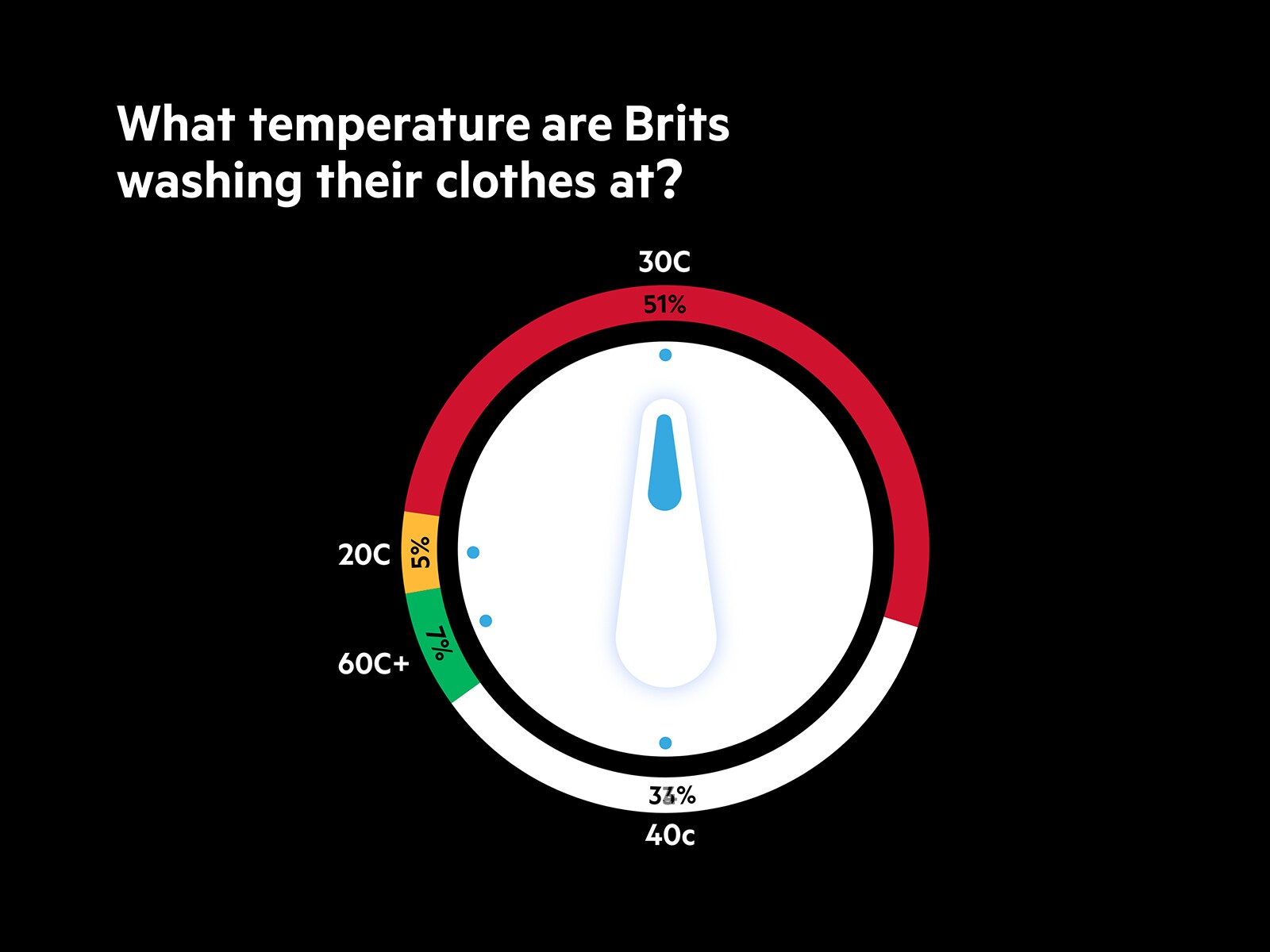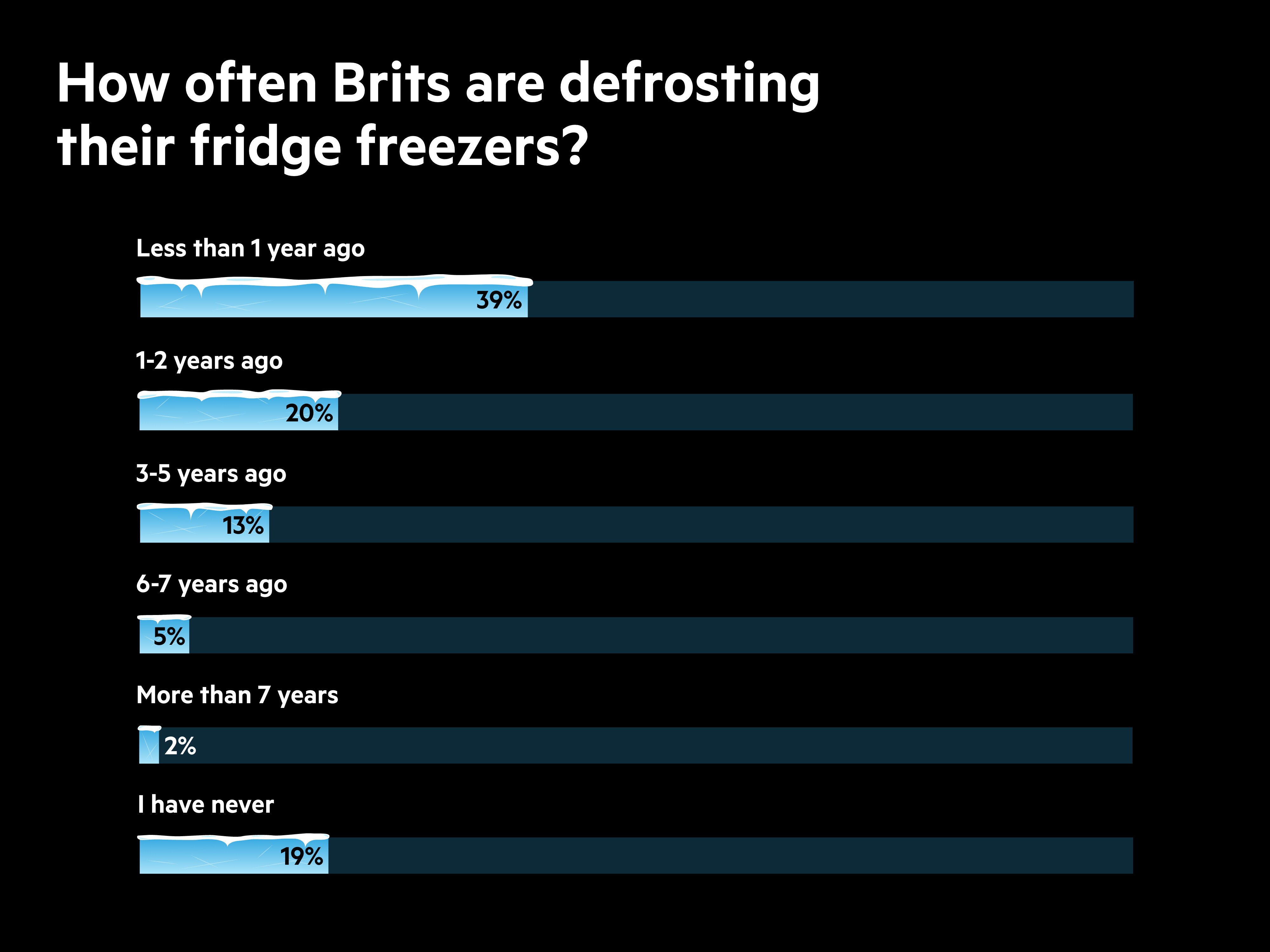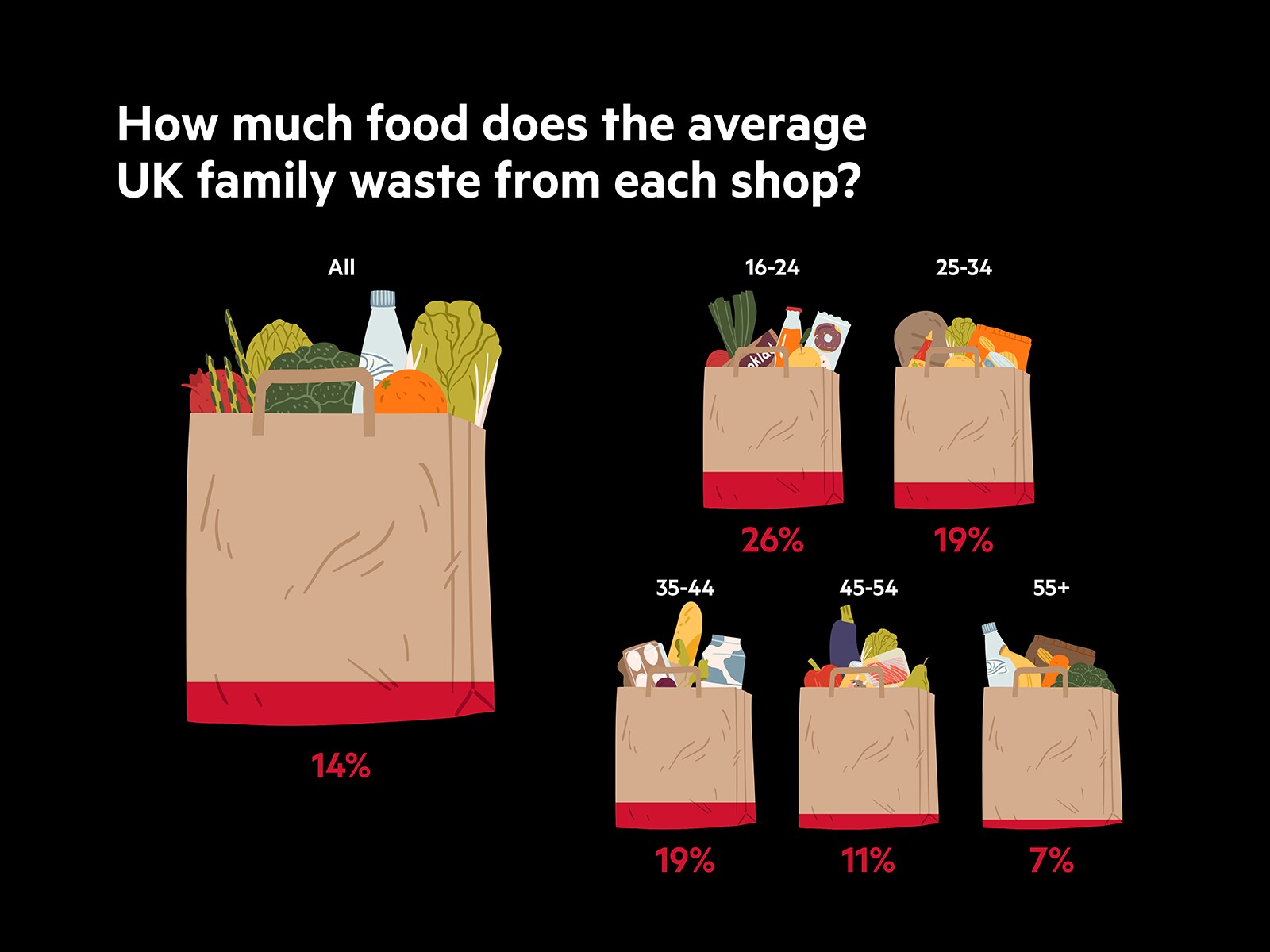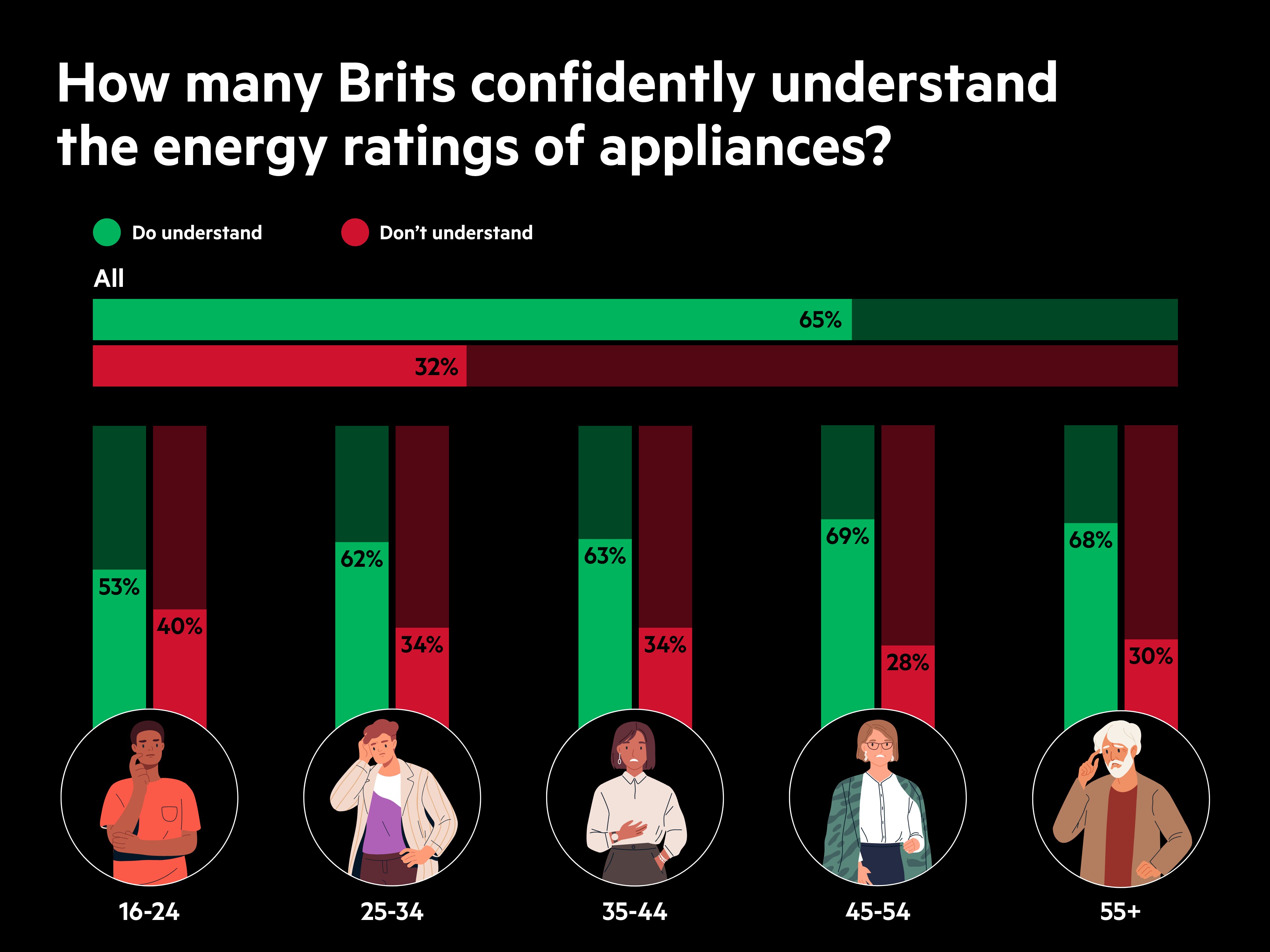With energy use being scrutinised more than ever before, we commissioned a study of 2000 Brits to shed light on how people across the UK are looking to reduce consumption.
The Energy Saving Switch

Brits Energy Saving Habits Revealed
Almost three quarters of Brits (72%) are now more aware of wasting energy within the home with 93% of us now making a conscious effort to reduce our everyday usage.
Many of us are used to switching plug sockets off at the wall before leaving to go on holiday, but 68% of Brits are now adopting this technique in everyday instances. A further 70% of Brits are now also turning off the lights in unoccupied rooms within the house in a bid to reduce their energy consumption.

Electrical items such as TV’s, games consoles, chargers, and even microwaves all use electricity in their standby modes – adding up to £146 a year to household bills. In fact, almost two in five Brits (38%) stated that they leave their TV’s plugged in when not in use.
In terms of our white good appliances, a quarter of Brits (24%) are now using the eco cycle on their dishwasher, while 15% opt for the fast wash setting. When washing clothes, 68% of Brits wait until their laundry basket is full to ensure a fully loaded machine, and when cooking food, a quarter (25%) are no longer pre-heating their ovens.

40% of Brits are still washing their clothes at 40 degrees or more
When it comes to clothes washing habits, many laundry detergents are now suitable for use at 20 degrees to better benefit the environment. Despite this, 40% of Brits are still washing their laundry at 40 degrees and over, with the worst culprits being those aged between 16 and 25.
Although half of Brits (51%) are washing their clothes at 30 degrees, only one-third (33%) of those aged 16-24 have adopted this practice. This increases to 45% for those aged 25-34 and 53% for those ages 35-54. However, those aged 55 and over are making an active effort in keeping their wash cold, as 58% of them are washing their clothes at 30 degrees.

Almost one in five Brits have never defrosted their Freezer
To lower energy usage, it is recommended to make sure that appliances are operating at their maximum efficiency and receive regular maintenance. However, the data revealed that one in five Brits (19%) have never defrosted their freezer which could be adding to their household electrical consumption and bills.
If you have a freezer that does not have frost-free technology, Michael Forbes at AEG recommends that users defrost their freezers at least once a year to avoid any excessive ice build-up resulting in the appliance overworking. Despite this recommendation 40% of Brits leave it longer than a year before taking the icy plunge.
As with wash temperatures, with age comes wisdom, as 53% of those aged 55 and over defrost their freezer at least once per year compared to just 24% of those aged 16-34.

The average UK household throws away 14% of their weekly food shop
Food waste is also a huge ongoing issue, with 9.15 million tonnes of food being thrown out each year in the UK alone. In fact, the average UK household throws away 14% of their weekly shop, with 27% regularly throwing away out of date fresh food.
In a bid to reduce their food waste, 45% of UK households now use a shopping list for the food shop, while 37% have switched to only doing one big food shop per week to cut down on purchases.
18% of Brits are now also utilizing at home food delivery services in a bid to reduce their food waste. A third (34%) of those aged 16-24 now use these services compared to 6% of those aged over 55.
Michael Forbes (AEG) adds: “As well as only buying the correct amount of food that you need, in order to reduce waste, placing food in the centre of the fridge shelf helps keep everything tasting fresher for longer.”

Investing In Energy Efficient Appliances
To help one family understand how to better use their appliances, AEG partnered with Newson Consultancy to commission an experiment, with The Green Family, that reveals how much money can be saved by changing household habits and using appliances more efficiently.
Dr Martha Newson, Associate Professor of Psychology & Founder of Newson Consultancy, said: “As part of this experiment, we scrutinised the Green’s habits around the house coupled with energy usage. After one month of studying the appliance usage, we switched out the existing appliances for newer, more energy efficient models coupled with the implementation of energy saving habits shared by an AEG expert.
The latest kitchen appliances, integrated with these updated behaviours, meant that the family saved 30% of energy compared to their previous appliances. By having newer, more energy efficient appliances and the knowhow of using them to their potential, the family will save a total of £264.25 across the course of a year, equating to nearly £2,000 across the 7-year appliance lifespan.”

A third of Brits do not understand the energy ratings of appliances
Another effective way of cutting household bills is to have A rated electrical appliances, with 38% of Brits prioritising this when purchasing new appliances.
However, a third of Brits (32%) state that they do not understand the energy rating of appliances, with those youngest understanding the least at 40%.
Ratings of many electrical appliances range from A to G, with A being the most energy efficient. This categorisation is determined through usage testing, where the typical energy usage for the appliance is recorded.
Energy Saving Tips From AEG
Expert energy saving tips from AEG's Michael Forbes: